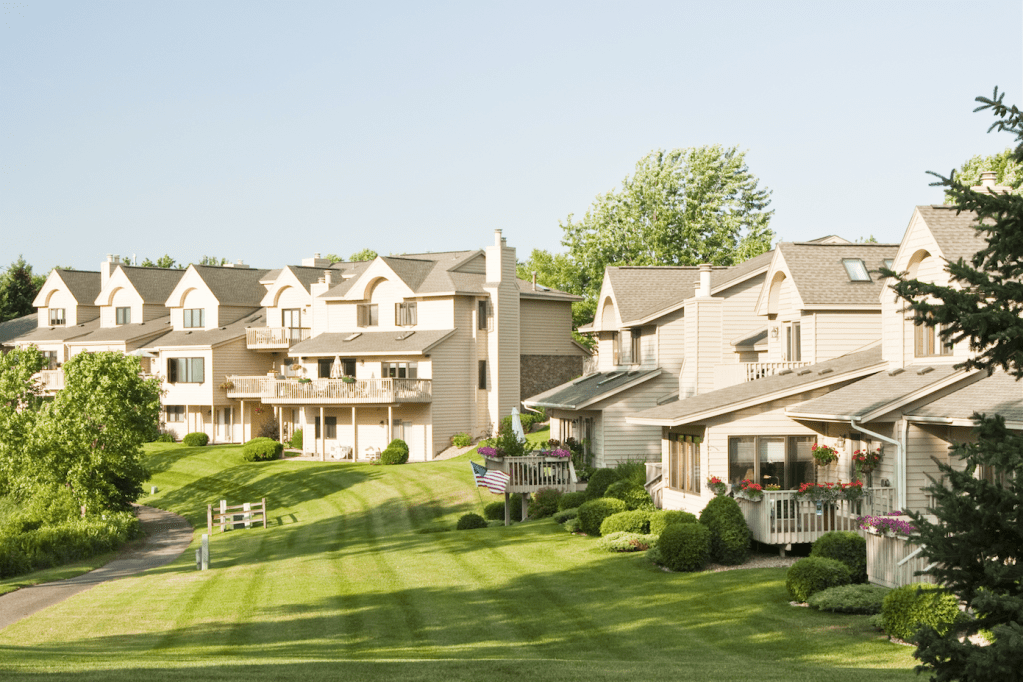During debate over the Affordable Care Act, President Donald Trump said, “Nobody knew that health care could be so complicated.” Well, just wait until Congress tackles tax reform. Consider just one aspect of the coming debate: the mortgage interest deduction. It might seem untouchable to most in the housing industry, but it has many non-believers and detractors among both conservatives (deficit fighters) and liberals (guardians of the lower classes).
The NAHB has gone on record to say it supports tax reform in general, but it doesn’t want to hear talk of doubling the standard deduction, which neuters the mortgage interest deduction for middle-class homeowners, or capping the deduction or replacing it with a tax credit. In either case, NAHB argues that housing demand would suffer and prices would decline, which in turn could cripple housing’s still-fragile recovery. NAHB also notes that surveys show that more than 70% of Republicans, Democrats, and Independents support the deduction, and that 70% of the deduction’s benefits go to homeowners earning less than $200,000 a year.
These are all good points, but the story, like most, has two sides to it. Those who beg to differ with the NAHB assert that the deduction:
- varies, unfairly, on a household’s marginal tax rate and, as a result, disproportionately benefits affluent homeowners (those in the top 20% of income derive 75% of the deduction’s tax benefits; those earning $50,000 or less receive 3% of the benefits);
- costs the Treasury $70 billion to $100 billion a year, depending on interest rates;
- doesn’t so much encourage homeownership as it does the purchase of more expensive homes;
- and drives interest rates and housing prices higher, which penalizes low- and moderate-income buyers, and rewards mortgage lenders.
Even those who favor either a cap on the deduction or replacing it with a tax credit concede that either change would adversely affect housing values and housing investment. They argue the effect would be modest—a 2% decline in values and a 1.5% decline in investment, according to a study by HSH.com, a publisher of mortgage loan information. But when housing values nationwide exceed $10 trillion, a 2% decline, while maybe not ruinous, would matter. They also concede that the deduction is politically popular and often considered untouchable.
The tax reform battle will begin in the fall or next spring. Trump’s original tax reform proposal called for no change in the deduction, but that plan assumed repealing and replacing Obamacare would cut government spending by hundreds of billions of dollars. With those savings now illusory and Trump’s promise to balance the budget in 10 years seeming tenuous at best, a deduction that could cost $1 trillion over the next 10 years may become a target.
My bet: there will be a push to cap the deduction to interest paid on mortgage loans for primary residences only up to $500,000, which would affect fewer than 5% of homeowners. And there certainly will be pushback from the NAHB and other housing advocacy groups that see the deduction as an important part of making the American dream come true.



